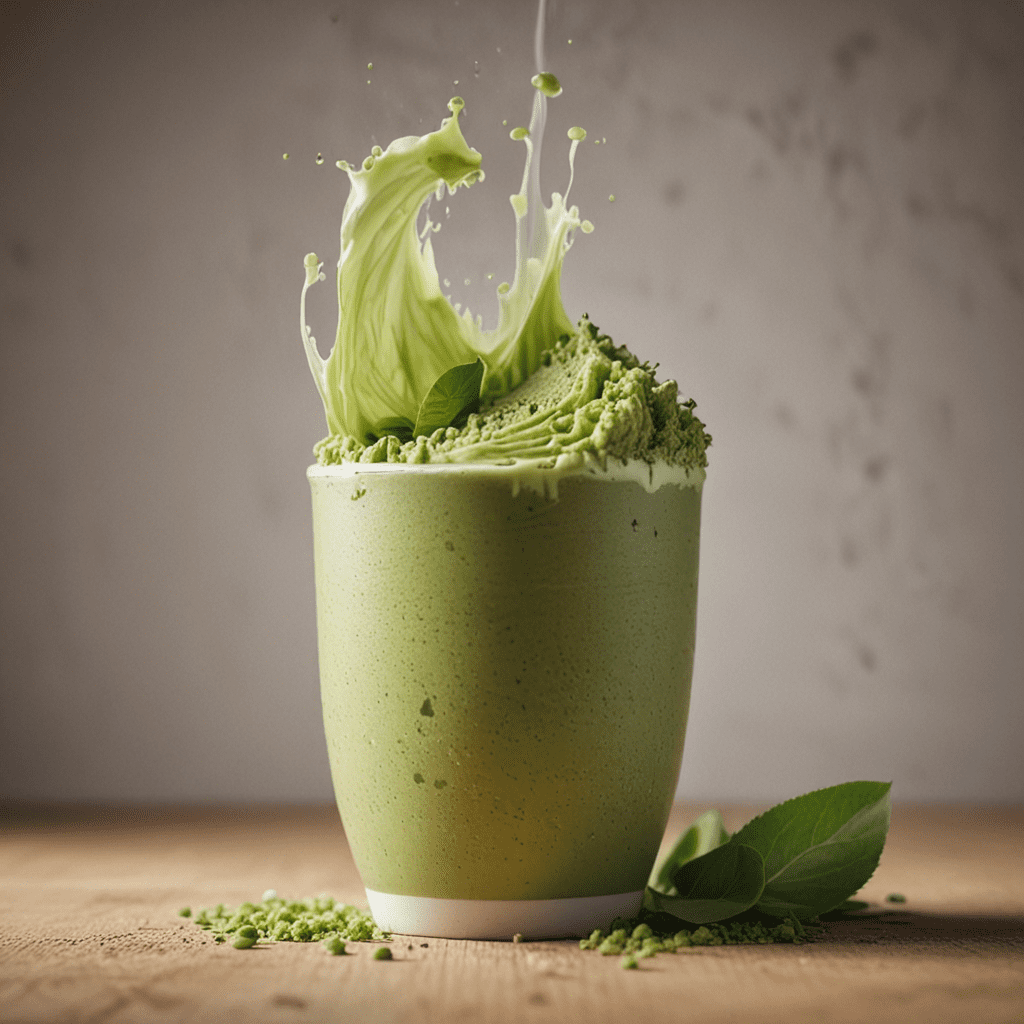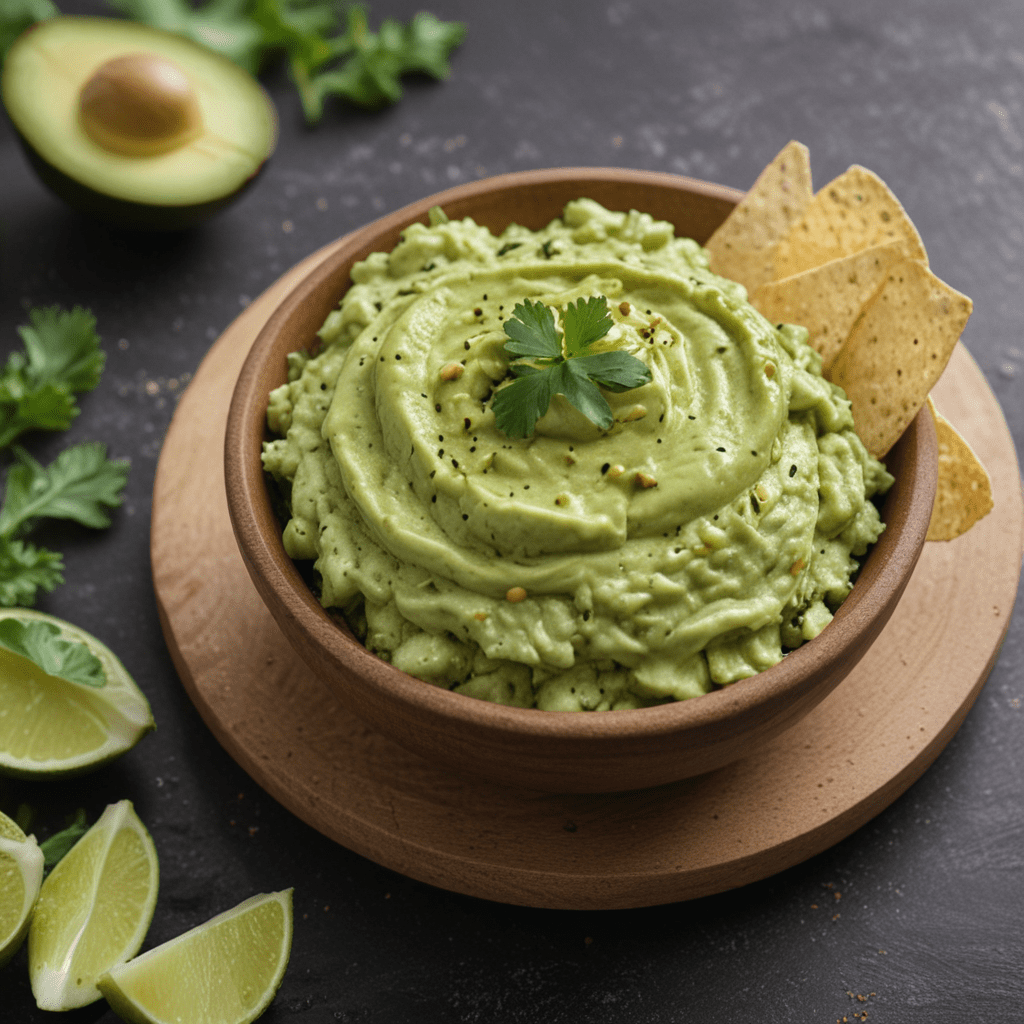
Matcha and Brain Health: Green Tea’s Cognitive Benefits
Introduction
Matcha, a finely ground green tea powder, has gained popularity as a superfood due to its exceptional health-promoting properties. This revered tea variety is renowned for its potent antioxidant content and unique composition of bioactive compounds, which have been associated with a plethora of health benefits. Among these, its remarkable impact on brain health has garnered significant attention, making matcha a promising ally in supporting cognitive function and overall well-being.
Matcha: A Superfood Variant of Green Tea
While matcha shares its origins with traditional green tea, it is distinguished by its cultivation and processing methods. Matcha plants are grown under shade, enriching their leaves with chlorophyll and antioxidants. The entire leaf is then stone-ground into a fine powder, preserving the full spectrum of nutrients found in the plant. This unique process results in a tea with an intensified nutritional profile, making matcha a concentrated source of health-promoting compounds.
Antioxidant Properties and Brain Protection
Oxidative stress, caused by an imbalance between free radicals and antioxidants in the body, has been implicated in the development of various chronic diseases, including cognitive decline. Matcha, with its exceptionally high antioxidant content, serves as a potent defense against oxidative damage in the brain. The abundant catechins, particularly epigallocatechin gallate (EGCG), neutralize free radicals, protecting neurons from oxidative stress and preserving their health and function.
Enhanced Focus and Concentration
Matcha's composition of caffeine and L-theanine works synergistically to promote enhanced focus and concentration. Caffeine, a mild stimulant, boosts alertness and improves cognitive function. L-theanine, on the other hand, counteracts caffeine's jittery effects, creating a state of relaxed alertness. This unique combination enables matcha to enhance mental clarity, improve reaction times, and boost overall cognitive performance.
Neuroprotective Effects
The antioxidants and anti-inflammatory compounds in matcha have neuroprotective effects, safeguarding neurons from damage and preserving brain health. EGCG, in particular, has been shown to protect against neurodegenerative diseases like Alzheimer's and Parkinson's by reducing oxidative stress and preventing the aggregation of toxic proteins in the brain.
Reduced Risk of Age-Related Cognitive Decline
Long-term consumption of matcha has been associated with a reduced risk of age-related cognitive decline. Studies suggest that the antioxidant and anti-inflammatory properties of matcha protect against the oxidative damage that contributes to cognitive impairment in older adults. Regular intake of matcha may help preserve memory, learning abilities, and overall brain function as we age.
Potential Role in Mood Disorders
Emerging research explores the potential role of matcha in supporting mood regulation. The combination of caffeine and L-theanine in matcha has been shown to have calming effects, reducing symptoms of stress and anxiety. Additionally, matcha contains theanine, an amino acid that promotes relaxation and improves sleep quality. These properties suggest that matcha may be beneficial for individuals experiencing mood disorders, although further research is needed to fully understand its impact.
Conclusion: Matcha for Optimal Brain Health
Matcha, with its rich antioxidant content, unique amino acid profile, and neuroprotective properties, offers remarkable benefits for brain health. From enhancing memory and focus to reducing the risk of age-related cognitive decline, matcha serves as a potent ally in supporting optimal brain function. Incorporating this superfood into your daily routine can contribute to maintaining a sharp mind, preserving cognitive abilities, and promoting overall well-being.
FAQs
Q: How much matcha should I consume daily?
A: Moderate consumption of 1-2 cups of matcha tea per day is generally considered safe and beneficial.
Q: Is matcha safe for pregnant or breastfeeding women?
A: While matcha contains caffeine, the amount is generally lower than in coffee. However, it is recommended to consult with your healthcare provider for personalized advice.
Q: Can I take matcha supplements instead of drinking tea?
A: Matcha supplements provide concentrated antioxidants, but they may not offer the same benefits as consuming the whole leaf in tea form. Opting for high-quality matcha tea is recommended for optimal results.


